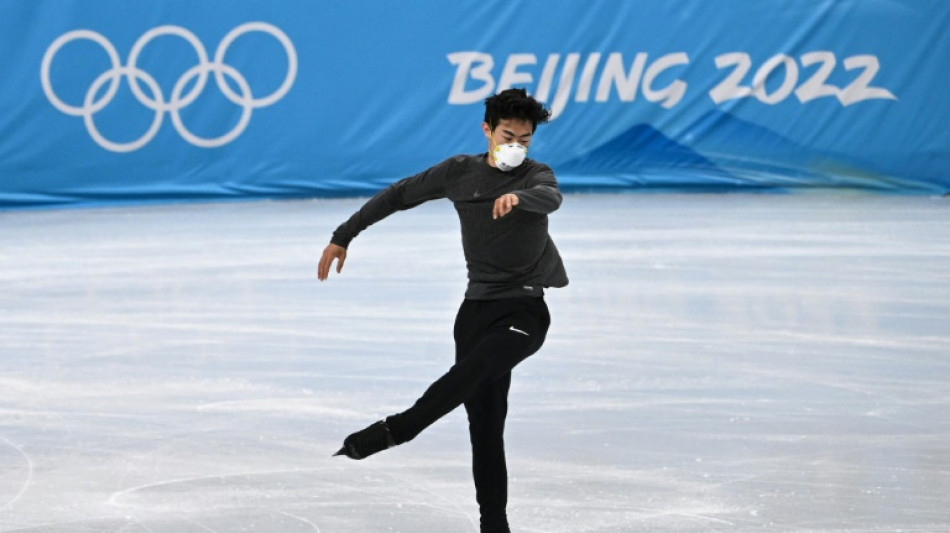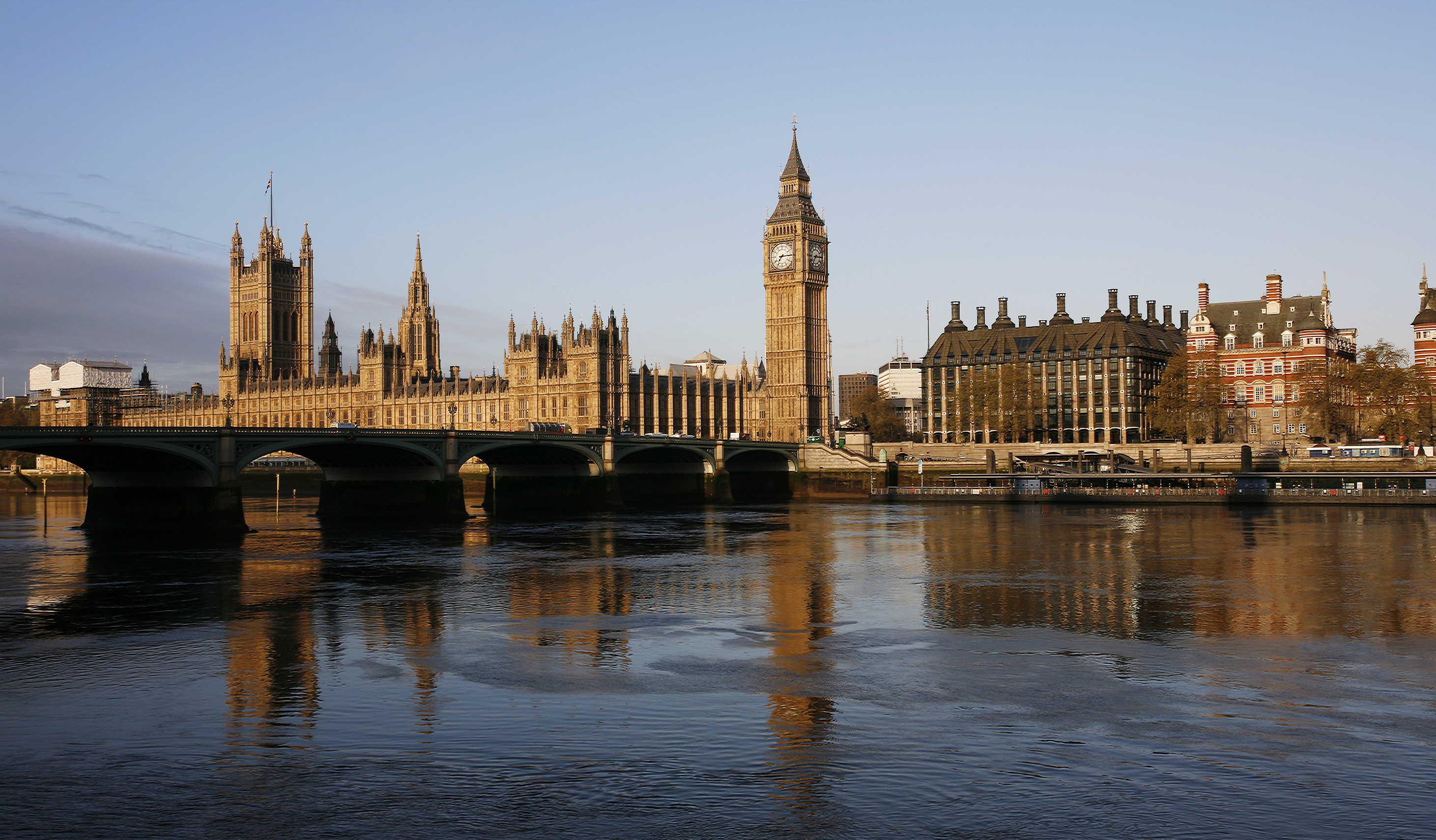

Knock on the door: Covid stalks athletes at Beijing Olympics
For athletes at the Beijing Winter Olympics, testing positive for Covid is one of their worst nightmares, and it can begin with a knock on the door in the middle of the night.
"It was insane, it was a rollercoaster," said Kim Meylemans, a skeleton racer from Belgium.
The 25-year-old posted a tearful video on Instagram last week from isolation which highlighted the perils of competing in the middle of a pandemic.
Meylemans said she tested positive about a month ago, before arriving in the Chinese capital, but "here things just went from bad to worse".
"A positive test, then negative, then positive again in the middle of the night and a quarantine hotel," said Meylemans, whose turbulent Games ended on Saturday when she came 18th in the skeleton.
"I tested negative twice each day in the quarantine hotel and then it took longer to get out of that hotel and I was shipped to another quarantine hotel."
It is unclear how many of the nearly 3,000 athletes in Beijing have tested positive, but there have been 429 Covid cases in the "closed loop" bubble in which the competitors and about 65,000 others are cocooned.
Among the most high-profile cases is the American figure skater Vincent Zhou, a silver medallist in the team event in Beijing who was ruled out of the men's singles competition only one day before it started.
Suddenly, the moment he had been working up to for four years was snatched away and there was nothing he could do about it.
"I've taken all the precautions I can. I've isolated myself so much that the loneliness I felt in the last month or two has been crushing at times," an emotional Zhou said in a video on Instagram.
The 21-year-old added: "I've already lost count of the number of times I've cried today."
- Last-minute dash -
Everyone in the bubble is tested daily for Covid. Competitors who produce a positive result are moved to an isolation facility if they show no symptoms and a hospital if they are unwell.
In the case of the former, they will be tested every day and can get out of isolation with two consecutive negative PCR tests.
There are also rules in place for those deemed close contacts of someone with Covid, but it does not generally stop athletes competing.
Some have complained about the conditions in isolation, including the food, while Meylemans criticised the poor communication, saying she did not know what was happening to her.
The International Olympic Committee says it has made attempts to address athletes' concerns.
Nathan Chen, who won figure skating gold last week after dethroning Japanese icon Yuzuru Hanyu, avoided the opening ceremony of the Games over Covid fears.
He also been practising in a mask.
For Keegan Messing, another figure skater, Covid nearly torpedoed his Games before they even began when he tested positive just before travelling.
The Canadian then faced a mad dash to make it after being cleared to come, flying from Vancouver via Montreal, Frankfurt and Milan before arriving on the eve of competition.
The stress took its toll.
"Keeping the mental health side of things strong was very, very difficult," said Messing, who came 11th in the singles event.
- 'You’re alone' -
Alessandro Haemmerle from Austria, who won men’s snowboard cross gold, said the "super exhausting" worries about catching Covid started weeks before flying to China.
"Especially before coming here I couldn't see my family, I couldn't see any of my friends before leaving because I was scared to get an infection and end up not being able to compete," he said.
But the Austrian also sees an upside to being in the bubble, where limited interaction with others allows competitors to focus on their preparations.
"I think it helped us a little bit. Keeping the social distance, not allowing too many reporters coming in," he said.
"And also being in China, not so many people around, and also with the time zone difference. You just turn off your phone and you’re alone."
Haemmerle thinks having to deal with the pandemic made gold even more satisfying.
"We put in a lot of effort to even be able to start here and being able to get home with the gold is just a huge reward," he said.
T.Grant--MC-UK




